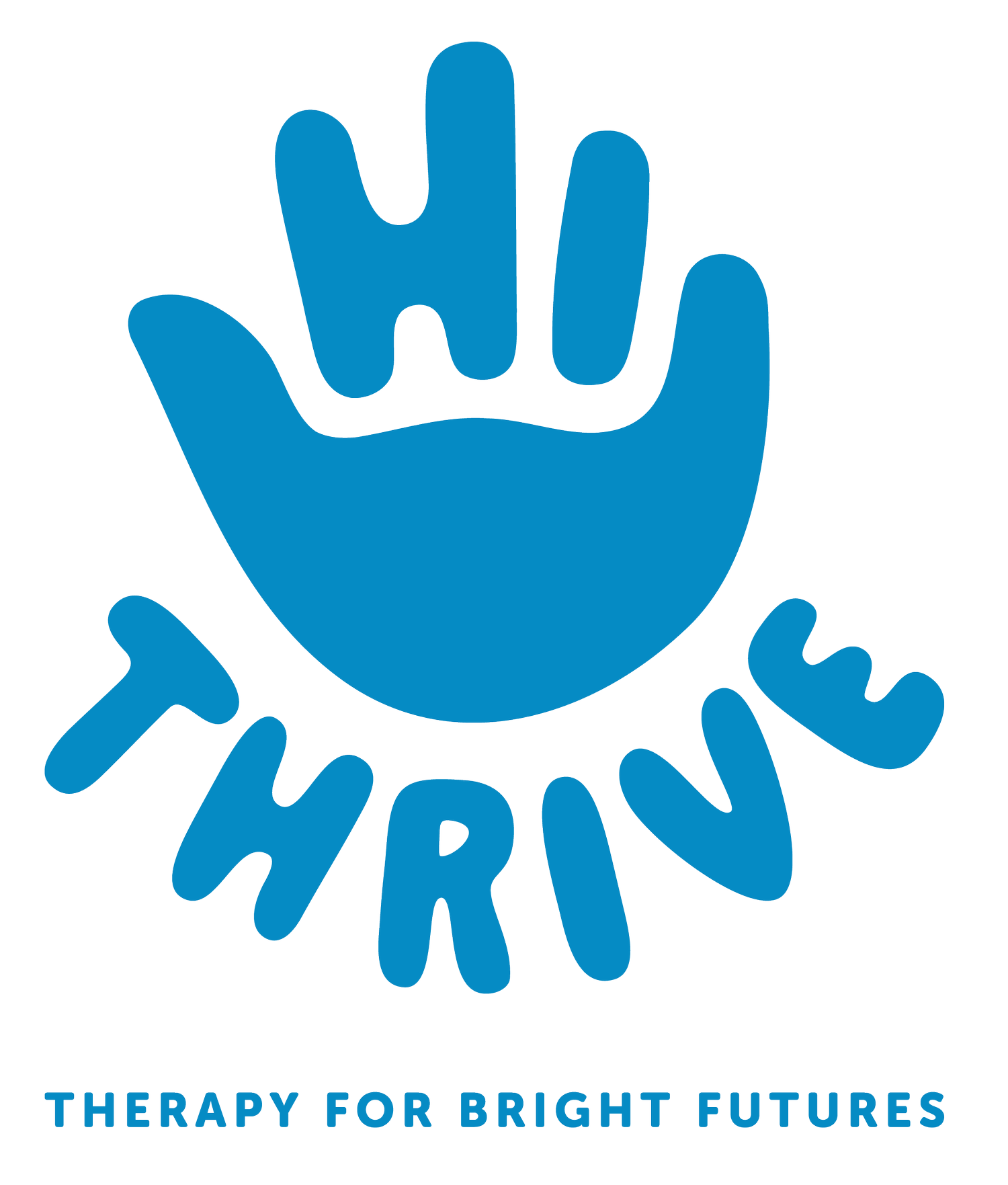
Who We Are
We are a dedicated team of speech pathologists and occupational therapists, committed to holistic care
with heart.

The humans behind the heart.
At Hi Thrive, our team is more than just qualified — they’re curious, compassionate, and deeply committed to helping kids feel empowered in their own skin.
From early language to sensory integration, our speech pathologists and OTs bring together clinical expertise and a neurodiversity-affirming lens.
We’re proud to be a values-led, neurodivergent-led practice — and we’re just as passionate about supporting families as we are about supporting each other.
Speech Pathology supports children and adolescents in developing the vital skills needed to communicate effectively and confidently. Whether it’s helping with speech clarity, understanding and using language, social communication, or even literacy skills like reading and writing, Speech Pathology empowers kids to connect with the world around them. By tailoring support to each child’s unique needs and abilities, speech pathologists help unlock their potential, making communication a positive and meaningful part of their everyday life.
What is Speech Pathology?
What is Occupational Therapy?
Occupational Therapy (or 'OT') provides children and adolescents with essential support to help them thrive in their developmental journey. By focusing on building practical skills, OT empowers your child to navigate daily activities with confidence and independence. This approach celebrates each child’s unique abilities, helping them embrace a more fulfilling and enjoyable life.
Quick Links
-
If you or anyone involved in your child’s care—such as teachers, occupational therapists, doctors, or paediatricians—has noticed that your child is finding communication, language, or social connection tricky, Speech Therapy can offer meaningful support.
Speech Therapy helps children develop ways to express themselves, connect with others, and feel confident in how they communicate—whether that’s through spoken words, gestures, signs, or AAC (augmentative and alternative communication) systems.
Your child might benefit from speech therapy if they’re finding some of the following areas challenging:
Speech Clarity: They may find some sounds tricky to pronounce, which can make their speech harder for others to understand.
Understanding Language: They might need extra time or support to follow directions or understand questions.
Social Communication: They may connect with others in unique ways, and find things like taking turns in conversation, understanding body language, or knowing what to say in different situations a bit unclear.
Reading and Writing: They might be finding it difficult to read, spell, or make sense of written texts on their own.
Spoken Language: They may have lots of great ideas but find it tricky to organise their thoughts and express them clearly in words.
Non-Verbal Communication: They might prefer using gestures, facial expressions, or an AAC system to communicate—and speech therapy can support them to use these tools confidently.
-
If you or anyone involved in your child’s care—such as teachers, speech pathologists, doctors, or paediatricians—has noticed that your child is having a hard time with certain daily activities or routines, Occupational Therapy (OT) can offer meaningful support.
"Daily activities" can include anything from tying shoelaces, making connections with peers and joining in with sports, to managing toileting, getting through mealtimes with ease, or navigating life at school. OT supports children in building the skills they need to participate in everyday life in a way that feels more manageable and enjoyable for them.
Your child might benefit from OT if they’re finding some of the following areas tricky:
Movement: They might seem uncoordinated, trip often, or find it hard to join in with activities like throwing, catching, or team sports.
Hand Skills: They may find it challenging to cut with scissors, draw shapes or figures, or use small items like beads, LEGO®, or marbles.
Social Communication Differences: They may prefer different ways of connecting with others, find reading body language unclear, or feel unsure about the unspoken “rules” in social settings.
Eating: They might have strong preferences around food and find new tastes, textures, or smells hard to tolerate.
Writing: They may struggle to hold a pencil comfortably, form letters or numbers, or write full sentences.
Emotional Regulation: They might have big emotional responses, find it hard to adapt to changes, or need support to feel calm and safe in certain environments.
Self-Care: They might need support with dressing, organising their belongings, using cutlery, or managing other day-to-day tasks independently.

We believe in celebrating the unique strengths and abilities of every child. By embracing neurodiversity and creating an inclusive environment, we empower children to communicate, connect, and thrive in every aspect of their lives.
With our mobile therapy services, we bring care to where it matters most—your child’s everyday world.

Our Values
At Hi Thrive, we are guided by five core values:
Flexibility – Offering mobile therapy that adapts to your schedule and environment.
Support – Fostering a nurturing space where families and therapists feel heard and valued.
Quality of Care – Providing personalised, evidence-based therapy tailored to each child’s needs.
Neurodiversity Affirming – Celebrating all minds and embracing individual differences.
Collaboration – Working together with families, children, and therapists to achieve the best outcomes.
These values shape every part of our practice.


